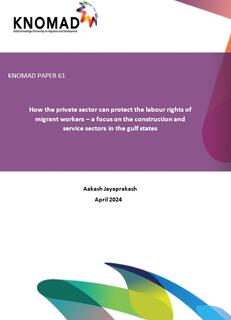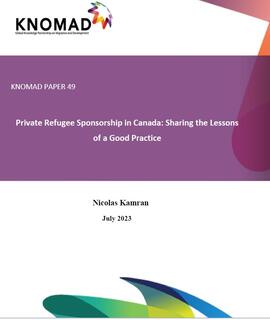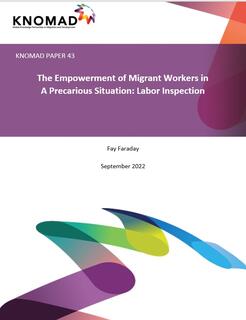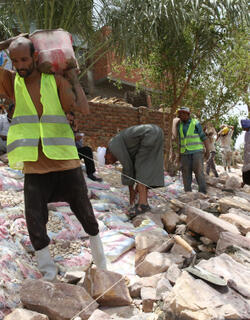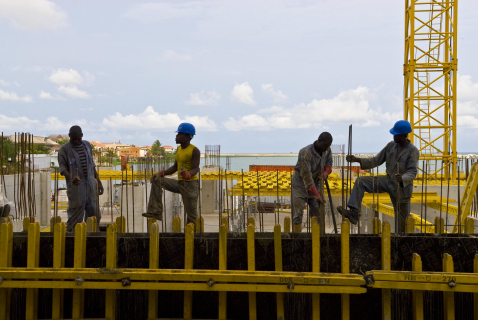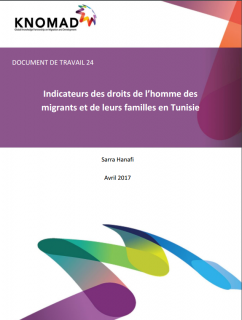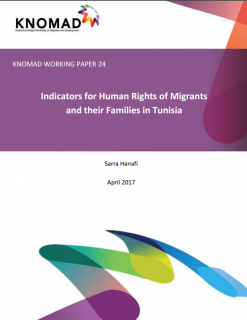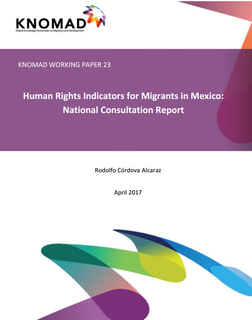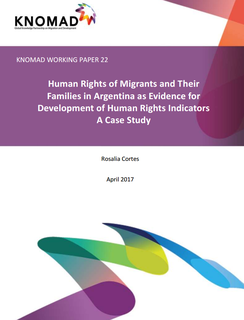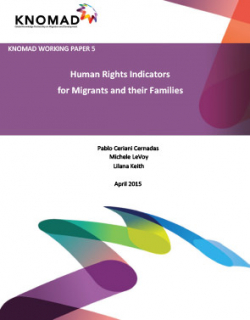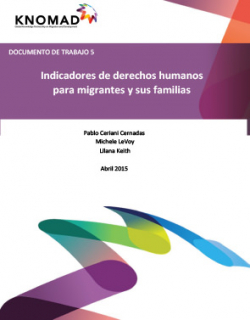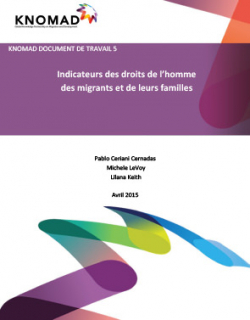Migrant Rights and Integration in Host Communities
The critical role of migrant integration policies is often recognized in the migration discourse, such as provision of economic opportunities and social inclusion for migrants and their families. Smooth integration of newcomers into a host society is important not only for migrants themselves but also for host countries, as integration can augment the gains from migration. Despite universal acknowledgment of the importance of international migration and integration, there have been no concerted global efforts by the international community to evaluate existing migrant integration policies, to study their efficacies and/or to formulate best practices.
Migrants often find themselves in a precarious situation for several – sometimes concurring – reasons:
- the absence or limited enforcement of laws specifically protecting them,
- limited enforcement to their specific group of laws of general application,
- being temporary migrant workers,
- being undocumented, either through losing legal status (for a number of reasons) or through never having had status in the first place.
Such migrants rarely complain, protest, contest, organize, unionize, or demonstrate, due to a fear factor resulting from the precariousness of their legal status and social situation. When advocating for their rights, they may risk detection by the authorities (if undocumented) or be identified by their employer (or landlord, or other persons in authority) as a troublemaker, the consequence of which may be detention and deportation.
The main objective of this TWG is to help policy-makers and other stakeholders better gauge migrant rights by generating various measures of integration that are globally comparable, highlighting effective means to enable integration for the mutual benefit of both migrants and host communities and identifying areas and ways to empower migrants in vulnerable or precarious situations.
Areas of Focus
- Construct a global database of integration indicators based on national laws affecting the integration of economic migrants and refugees. The indicators will focus on economic opportunities, access to health and housing, citizenship and anti-discrimination measures.
- Identify ways through which migrants can be empowered to fight precariousness and be protected from abuse and exploitation. Research will be undertaken on the role of labor inspection regimes, access to enforcement of decent labor conditions and on access to justice.
- Examine how States can adopt a whole-of-government migrant integration policy approach, aiming at empowering migrants to defend their rights, just as citizens can, without fear of retribution, including through a non-discriminatory implementation towards migrants of various policies.
Chairs and Focal Point





